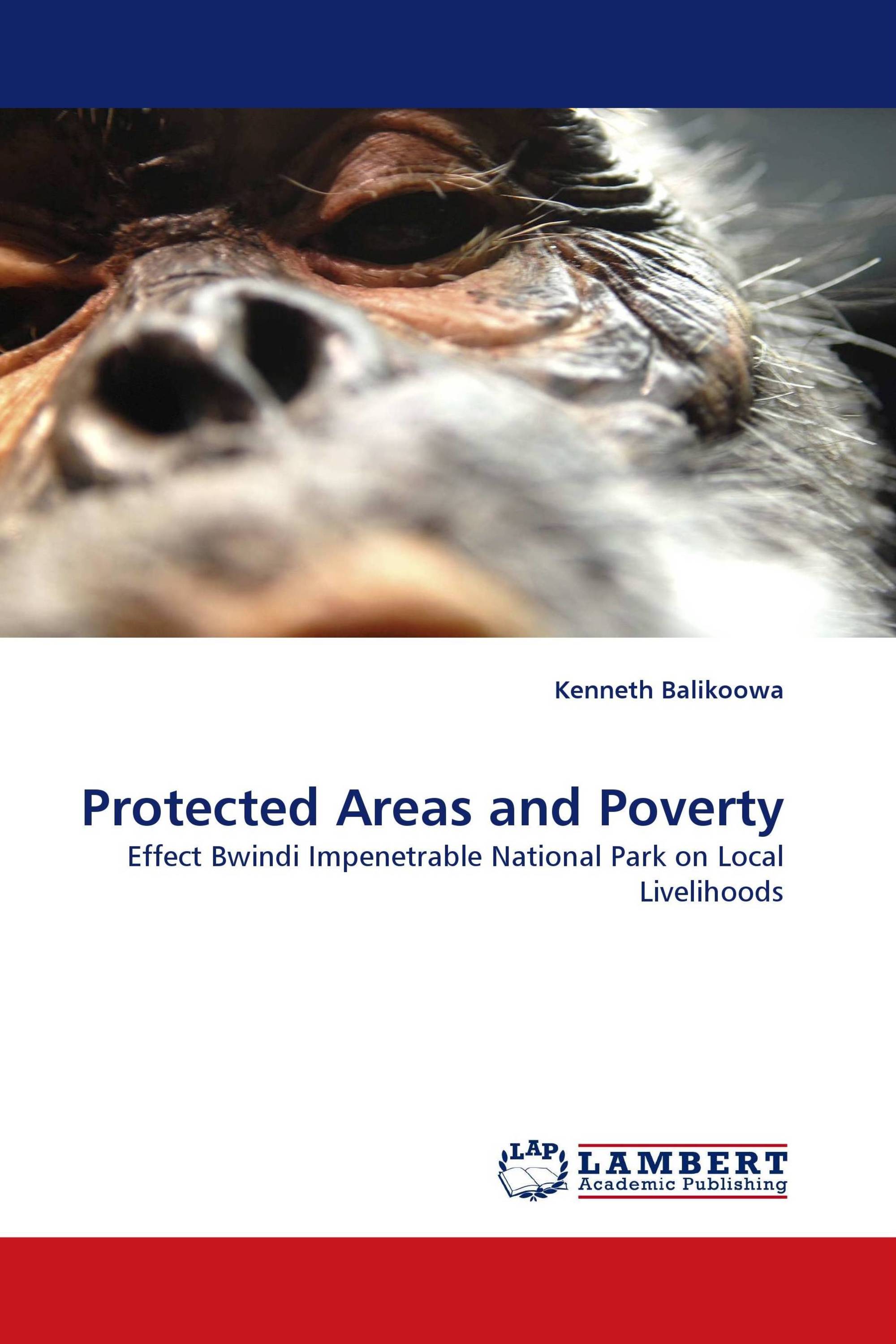There is debate on whether protected areas help in poverty alleviation or are instead poverty traps. In this study, the impact of Bwindi Impenetrable National Park in south-western Uganda on local incomes and livelihoods is assessed. The study also seeks local perceptions on collaborative natural resource management scheme. Data was collected from a stratified random sample based on proximity to the park boundary. Proximity to the park negatively affected access to social services. Dependence on park income was not influenced by proximity but by membership to a resource user group. Dependence on park income had a negative effect on total household income and due to the small allowable quotas to park resources. Park income had a small income equalising effect. There were concerns over park related damage of crops and failure for compensation by park management. As a result it is concluded that BINP has enormous potential to benefit local people but real local benefits remain a distant reality yet the costs associated with the existence of the park are having a heavy toll on local people.
Book Details: |
|
|
ISBN-13: |
978-3-8433-5637-4 |
|
ISBN-10: |
3843356378 |
|
EAN: |
9783843356374 |
|
Book language: |
English |
|
By (author) : |
Kenneth Balikoowa |
|
Number of pages: |
88 |
|
Published on: |
2010-09-21 |
|
Category: |
Building and environmental technology |
